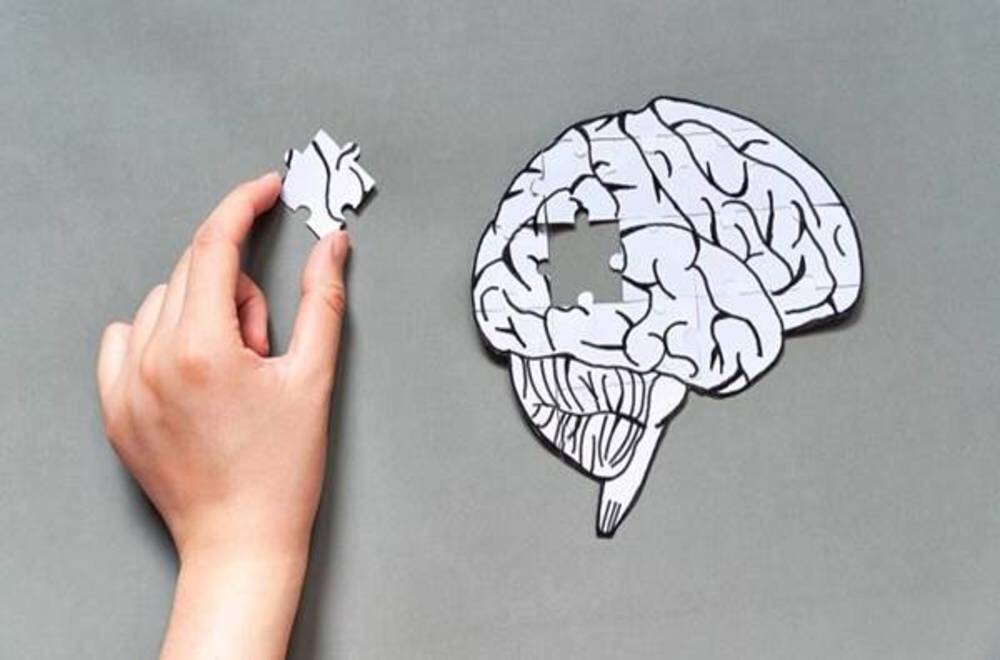Signs and Symptoms of Alzheimer’s Disease

Alzheimer’s disease is a progressive neurological disease that ultimately results in the brain not working properly. Symptoms of Alzheimer’s disease include problems such as memory, communication, understanding, and reasoning. Changes in personality may also occur. As the disease progresses, mental, social, and physical abilities continue to decline, such as functioning abilities.
Alzheimer’s disease is the most common form of dementia (dementia) and typically occurs in older individuals. There is no cure, but symptoms can be managed using behavioral strategies and medications.
Frequent Symptoms
- Memory changes
- Withdrawal from usual activities
- Disorientation to time and place
- Visual-spatial difficulties
- Decrease in written or verbal communication ability
- Challenges in problem-solving and planning
- Personality and mood changes
- Misplacing items frequently
- Decline in judgment
- Difficulty performing familiar tasks
Memory loss and confusion are the two key symptoms of Alzheimer’s disease. While anyone can have an episode of being unable to remember a name or where they put their keys, there is a significant difference between being absent-minded or preoccupied and having a true progressive memory problem such as Alzheimer’s disease. For example, these instances could be symptoms of Alzheimer’s disease or another concerning cognitive issue:
- You lose your keys. When they’re found, you have no recollection of how they might have gotten there.
- You always were a fantastic cook, but lately even making coffee seems more difficult. You wonder who has been messing around with your coffeemaker.
- You’re great at covering for yourself. For example, when someone asks you a question to which you don’t know the answer, you turn the question around by saying with a chuckle, "I’m not sure. What do you think?"
- You’ve had a hard time recently balancing your checkbook, even though that’s always been your job.
Stages of Alzheimer’s Disease
While Alzheimer’s disease has been described as having seven stages, the symptoms of Alzheimer’s can be collapsed into three broad stages: early, middle, and late. Remember that symptoms can overlap and may vary in each person with Alzheimer’s.
Early (Mild)-Stage Symptoms
- Difficulty with tasks such as balancing a checkbook or making dinner
- Difficulty learning new tasks
- Slower reaction time when driving or making decisions
- Occasional difficulty finding words
- Short-term memory impairment Increased irritability, anxiety, or depression
- Often an awareness of these changes
- In early-stage Alzheimer’s, individuals may still function quite well overall
Although people may be aware of the increasing difficulty with certain tasks, they are also often quite skilled at hiding this from others by deflecting questions, changing the topic, or relying on their family or loved ones to make decisions or answer questions.
Some people also begin to withdraw, perhaps due to their uncertainty over their ability to cope with decisions or social interaction. In early-stage Alzheimer’s, long-term memory typically remains intact.
Middle (Moderate) Stage Symptoms
- Significant personality changes, such as being argumentative, impulsive, angry
- Resistant to, or combative with, physical care, even (sometimes especially) when provided by a loved one
- Short-term and long-term memory loss
- Increased difficulty in communicating with others
- A "love-hate" relationship with their caregivers; for example, extreme dependence on a spouse or adult child who they also are very unkind to
- Potential for wandering away from home
- Very poor judgment and decisions
- Possible incontinence
Often, one’s physical abilities—such as their ability to walk around—still remain intact in this stage. Mid-stage Alzheimer’s is often the most difficult stage. While some individuals remain "pleasantly confused" throughout the entire disease, many display inappropriate behaviors and emotions.
They may be quite restless and become paranoid, have hallucinations, or refuse to let you help them with a bath or getting dressed. They may get up several times in the night, and rummage through the same drawers repeatedly. This middle stage of Alzheimer’s can be very taxing for the primary caregiver, and this is often when in-home help is hired or the person is placed in a facility, such as an assisted living or a nursing home.
Late (Severe) Stage Symptoms
- Decreased ability to interact with others
- Diminished ability to recognize people
- Physical decline, such as inability to walk or talk
- Difficulty with eating, even with assistance
- Apparent withdrawal from surroundings
- Incontinence
In this final stage of Alzheimer’s, people often are quite immobile and spend much of their time in bed or a wheelchair. They are no longer able to respond much to others, although you may occasionally receive a smile or hear some attempts at language.
The behavior challenges of mid-stage Alzheimer’s are replaced with what looks like complete withdrawal. However, these individuals can still benefit from a gentle conversation, holding their hand, giving them a hug, visual stimulation such as colors and pictures, and especially hearing music. Individuals with late-stage Alzheimer’s become more prone to illnesses as the body loses strength. Often, infections like pneumonia eventually cause their death.
The Four As of Alzheimer’s
Alzheimer’s disease has also been described using four words that begin with A:
- Amnesia: Memory loss
- Aphasia: Impaired communication
- Apraxia: Loss of physical functioning (motor skills)
- Agnosia: Difficulty understanding information from the senses, such as vision or smell
When to See a Doctor
If you see yourself or your loved one described in these symptoms, contact your physician to arrange for an evaluation. Diagnosing Alzheimer’s disease involves several tests to rule out other conditions and is an important first step in the treatment and management of the disease.
Though, that not all problems with the ability to think and remember are due to Alzheimer’s disease or other forms of dementia. This is one of many reasons why it’s important to see your physician if you’re experiencing these symptoms.
References
This article was written by Esther Heerema, MSW. You can find the original text here.







